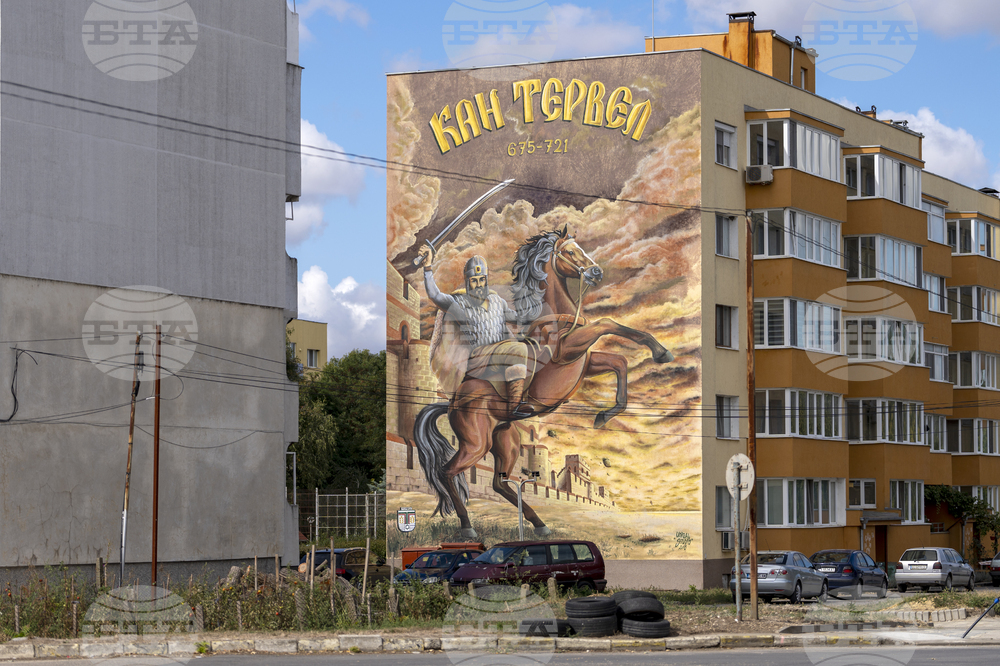This day in history
![Tervel of Bulgaria and the 717 Siege of Constantinople]()
![Tervel of Bulgaria and the 717 Siege of Constantinople]() Khan Tervel depicted on the side of a building in the town of Tervel, northeastern Bulgaria, named after him (BTA Photo)
Khan Tervel depicted on the side of a building in the town of Tervel, northeastern Bulgaria, named after him (BTA Photo)
site.btaTervel of Bulgaria and the 717 Siege of Constantinople


On August 15, 718, the Arab army besieging Constantinople suffered a crushing defeat by the Bulgar forces of Khan Tervel of Bulgaria. As a result, the Arab siege was lifted.
/MY/
news.modal.header
news.modal.text